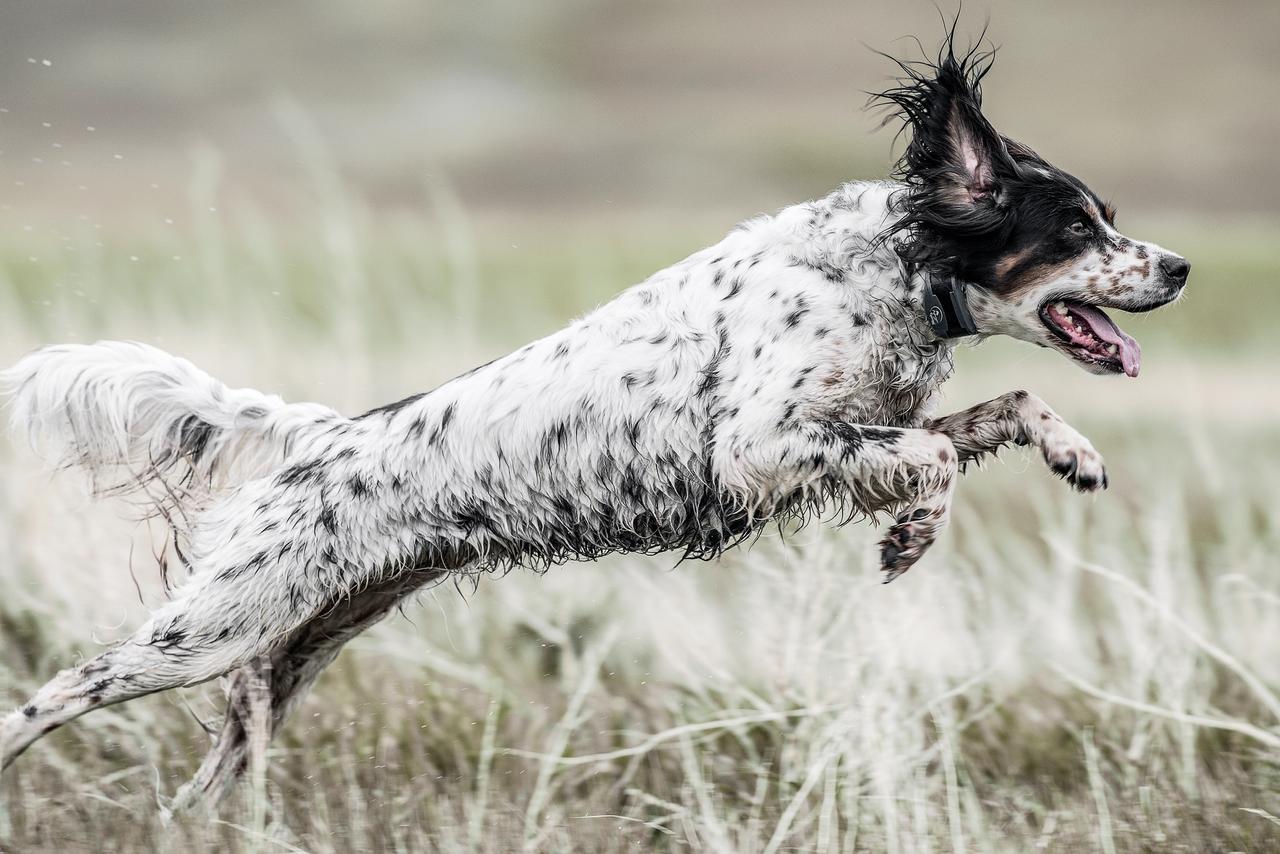
When Your Dog Should Enter the Hunt
Posted by The SportDOG StaffYoung dogs take a while to develop into the hunting or field trial champion you want. Your knowledge that the pup you chose is from proven hunting stock is just the beginning.
I have been spoiled. During hunting and field trial seasons, I have always had older, veteran dogs to rely on. When my dogs are young, they go along on the hunt to feel the excitement generated by the by the older dogs. They do not go into the hunting field until their maturity level and obedience training shows they are ready.
I believe young dogs should not have bird contact until their obedience lessons are well learned. They should heel and whoa before ever seeing a bird. They should also know the commands here and come. Well-bred bird dogs are birdie at birth; they do not need to chase birds to become birdie. Also, they do not need to be taught to point; they were bred to point. I honestly feel that bird work can be put on the back burner for a few months until the ground work of an obedient student and hunting partner has been laid in place.
A first time dog owner often wants to show off his new acquisition by shooting birds over him while his buddies look on at the hopefully masterful performance. I have been to numerous field trials where the owners of three-to-six month old pups will shoot cock pheasants over theirs dogs, sometimes only wounding the bird, but sending the dog for a retrieve. These owners do not realize what damage they may be causing the dog. If a pheasant is not cleanly dispatched when the dog goes for the retrieve, the birds beating wings can cause damage. Or worse yet, what if the young dog gets spurred in the mouth? The damage could well leave you with a bird-shy hunting dog.
Dogs, like people, have different personalities. You must learn to read that personality and adjust your training methods accordingly. Bring that pup along slowly and make sure you’re on the same page while training.
My eight year old German shorthair pointer, Riley, was brought along slowly. At nine months old, her focus was on obedience before she was introduced to birds. She was made to stand her birds for three months before a bird was ever shot for her. She was also force broke to retrieve at this time. To this day, she always remains focused when in the bird fields, remembering her early training. Because of this training, she rarely breaks to wing and shot. I am a firm believer that young dogs should be worked on pigeons. They are readily available and if not cleanly dispatched will not hurt the dog in any manner.
Introducing a young dog to wild birds too early may cause bad habits which will be hard to correct later. At this young age, you could very well encourage him to hunt for himself rather than for you.
Follow a good training program and allow your young dog to enjoy being a puppy. With early obedience lessons instilled, the young dog will know that he must listen to the boss at all times. If he should become distracted while in the field, a loud “heel” should bring him to your side. With the proper training, in a few years you should have a field trial competitor or a great all-around bird dog that enjoys hunting both with and for you.
Always check your local and state regulations related to dog training and the use of game birds on private and public property.
Related Articles
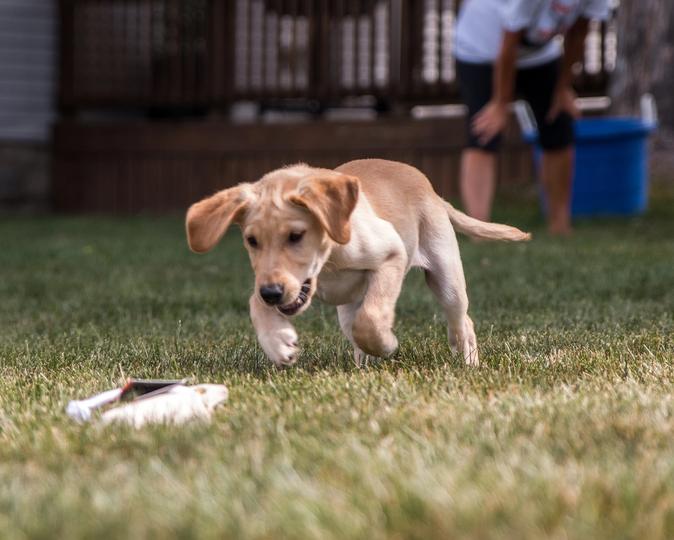
Where to Begin with Puppy Training
by The SportDOG Staff
There are several different things that need to be done for and with a new puppy. First and foremost make sure all pup’s shots are on time and up to date. Find a local veterinarian and set up an appointment for your new companion. This is one of many places you...
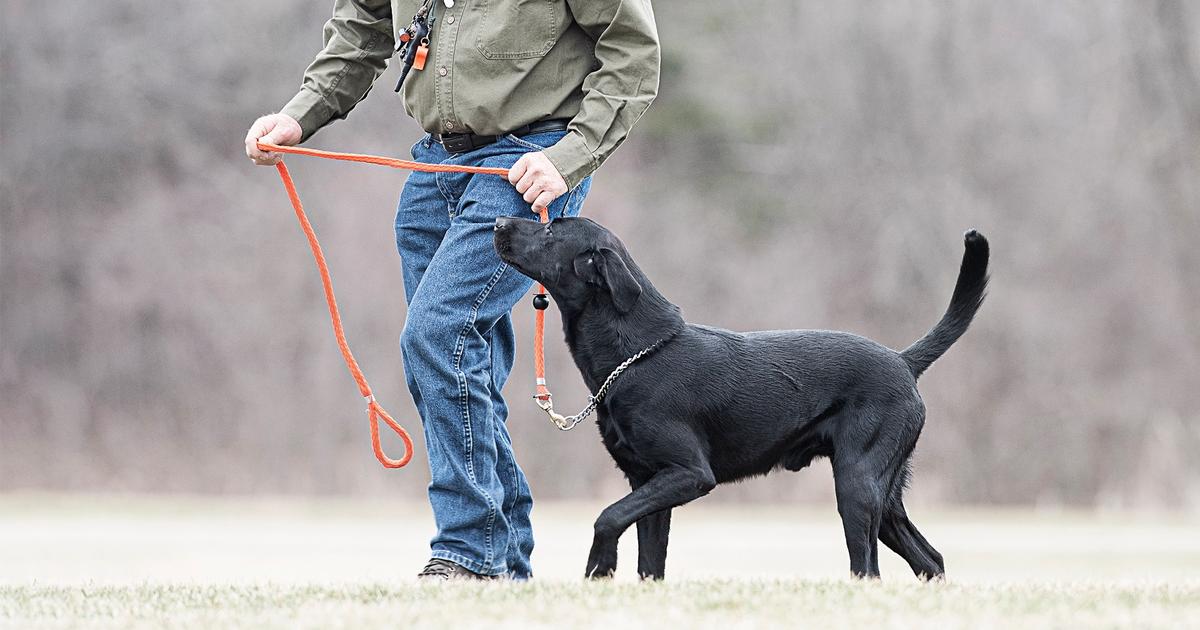
Reinforcing Basic Obedience Commands - Video
by The SportDOG Staff
In this SportDOG Training Tip (originally aired on Pheasants Forever TV) SportDOG Senior Pro Staffer Chris Akin walks you through correct reinforcement of basic obedience commands. Using various dog training tools, Chris will show you how to properly train your dog to be field ready.
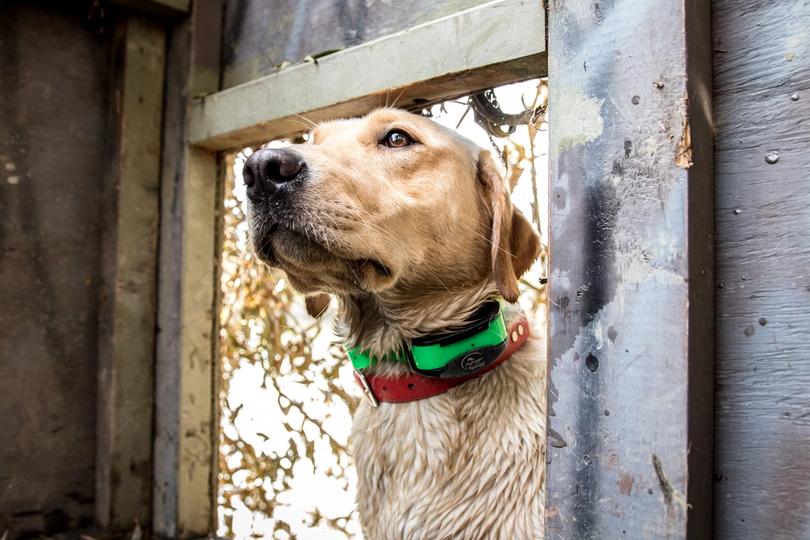
Pup’s First Hunt: Building Your Future
by The SportDOG Staff
A puppy’s first season, and more specifically, his first hunt, can be the most pivotal in his life as a gun dog. You only get one chance to make a first impression, and that impression can have a major impact on how a young dog is molded into a hunting...
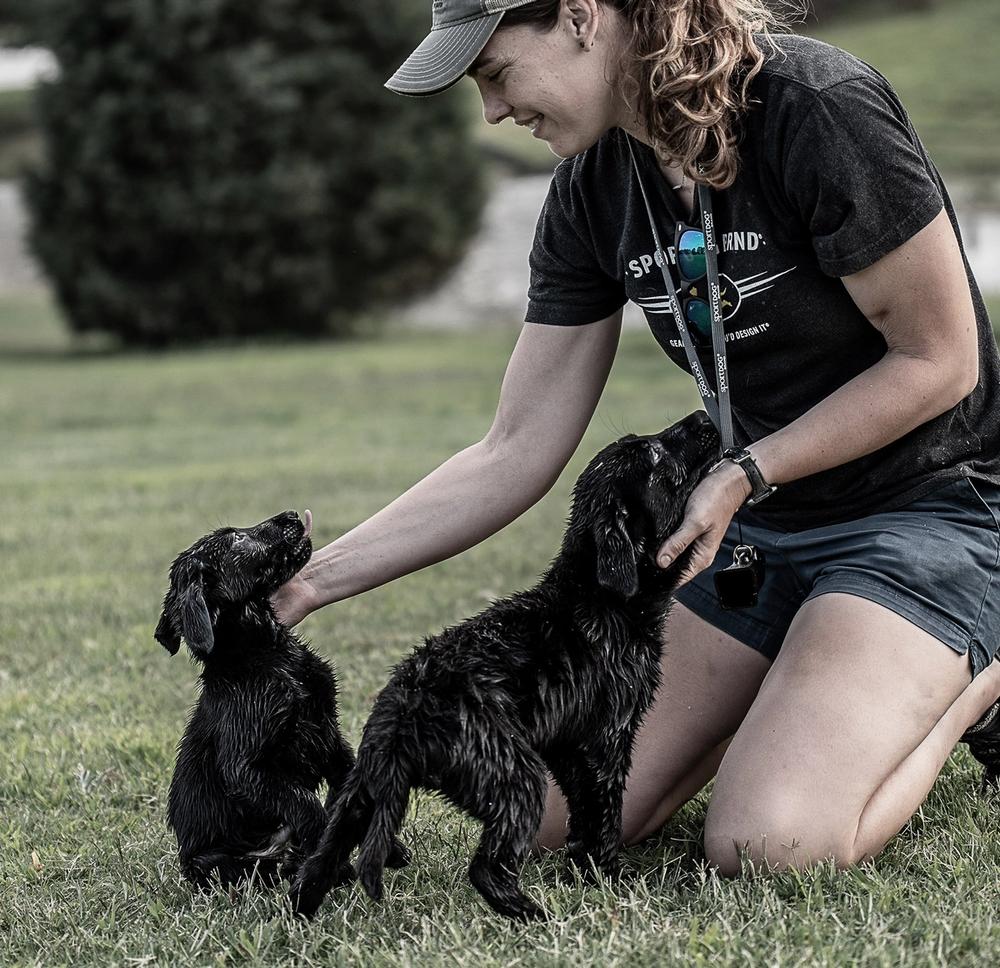
Where to Find a Dog with the Right Stuff - Part 1
by The SportDOG Staff
Each time someone calls to ask about locating a puppy, I have flashbacks to my first dog, Sam. I purchased Sam from a friend who had an athletic eager hunting dog. He decided to breed his girl to a very nice looking male whose ancestors found fame in the show...
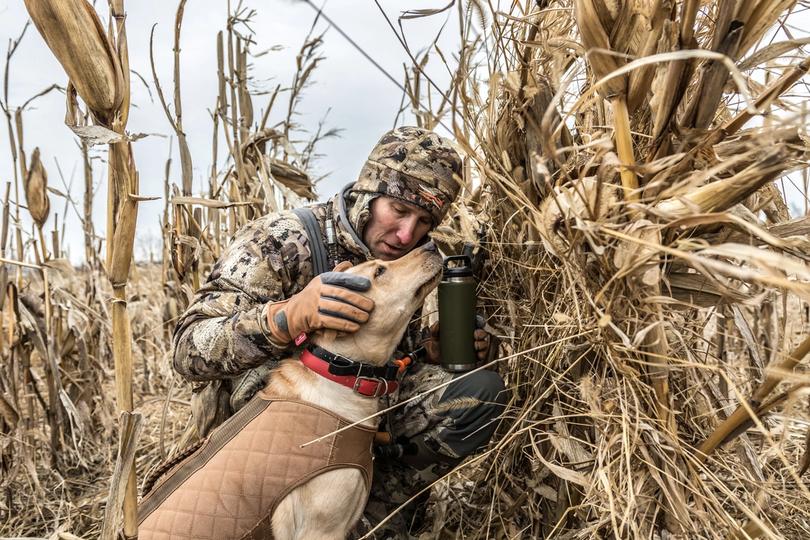
Pup's First Hunt - Video
by The SportDOG Staff
In this SportDOG Training Tip (Originally Aired on Pheasants Forever Televsision) SportDOG Senior Pro Staffer Tom Dokken gives tips on your pup's first hunt. A gun dog's first time in the field should set him up to enjoy hunting for the rest of his life.
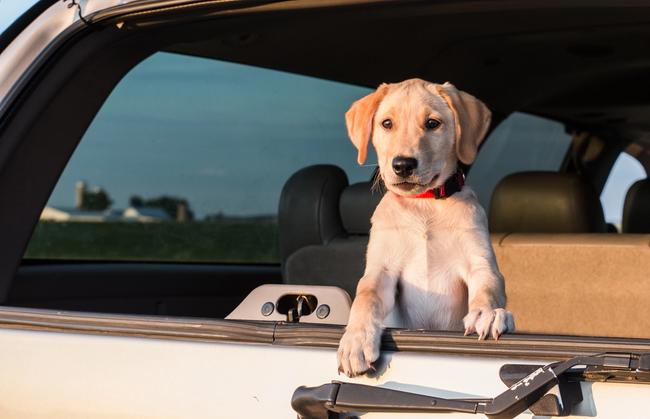
What Does “Socializing” Your Puppy Mean?
by Tom Dokken
You hear a lot about “socializing” your puppy, but what does that mean and why is it important? Socializing is actually training. By that I mean that every time you are with your puppy he is learning something. You need to make sure he’s learning what you want him to...
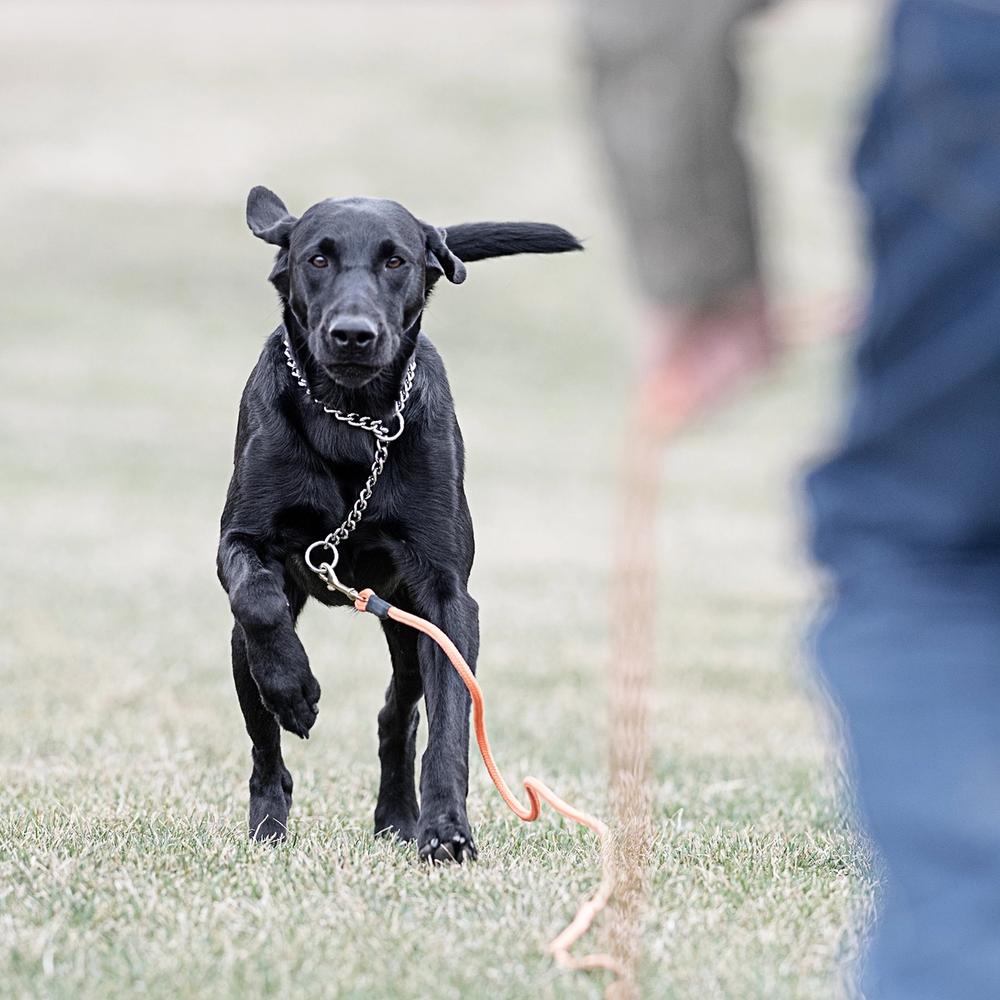
Teach Your Dog the Come/Here Command - Video
by The SportDOG Staff
SportDOG Basic Training DVD Chapter 6: SportDOG Brand Senior Pro Staffer Tom Dokken gives tips on the Come/Here command. This is a crucial command in any dog training regiment.
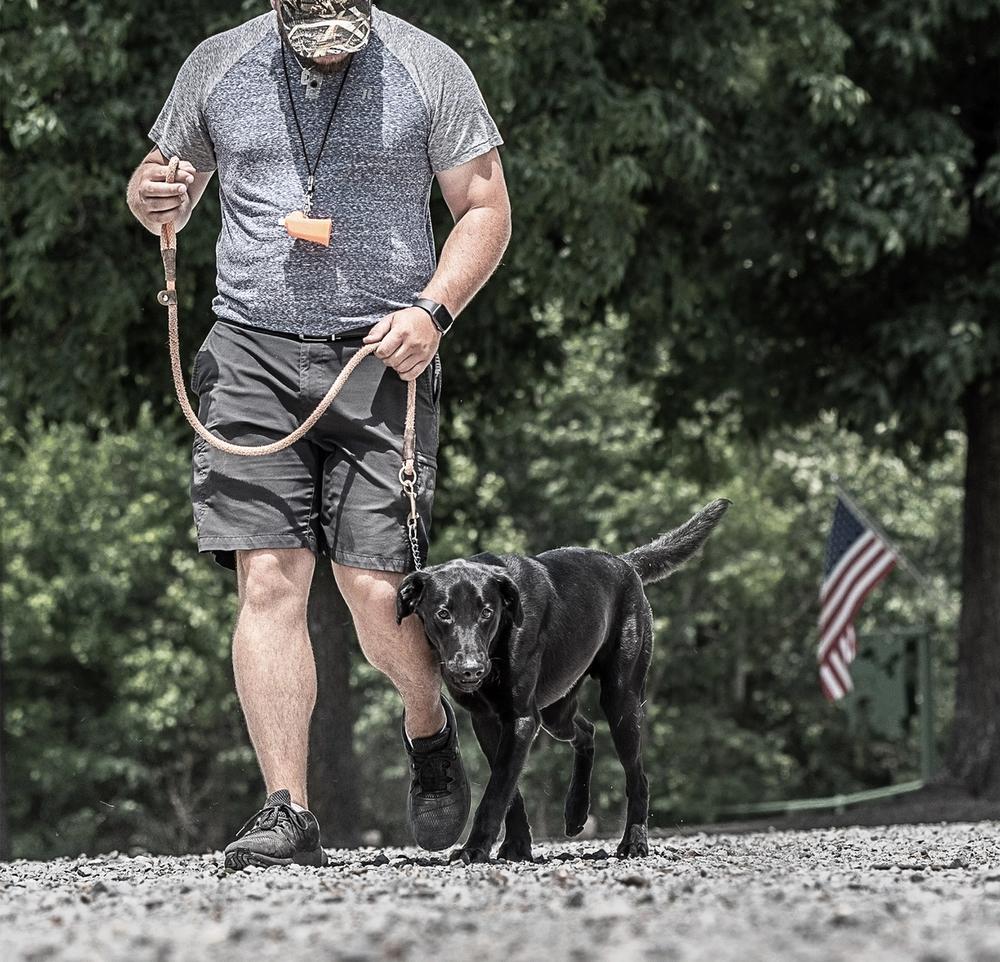
How to Teach Your Dog the Heel Command - Video
by The SportDOG Staff
SportDOG Basic Training DVD Chapter 2: SportDOG Senior Pro Staffer Tom Dokken walks you through teaching your hunting dog the "heel" command and using a remote training collar as reinforcement.
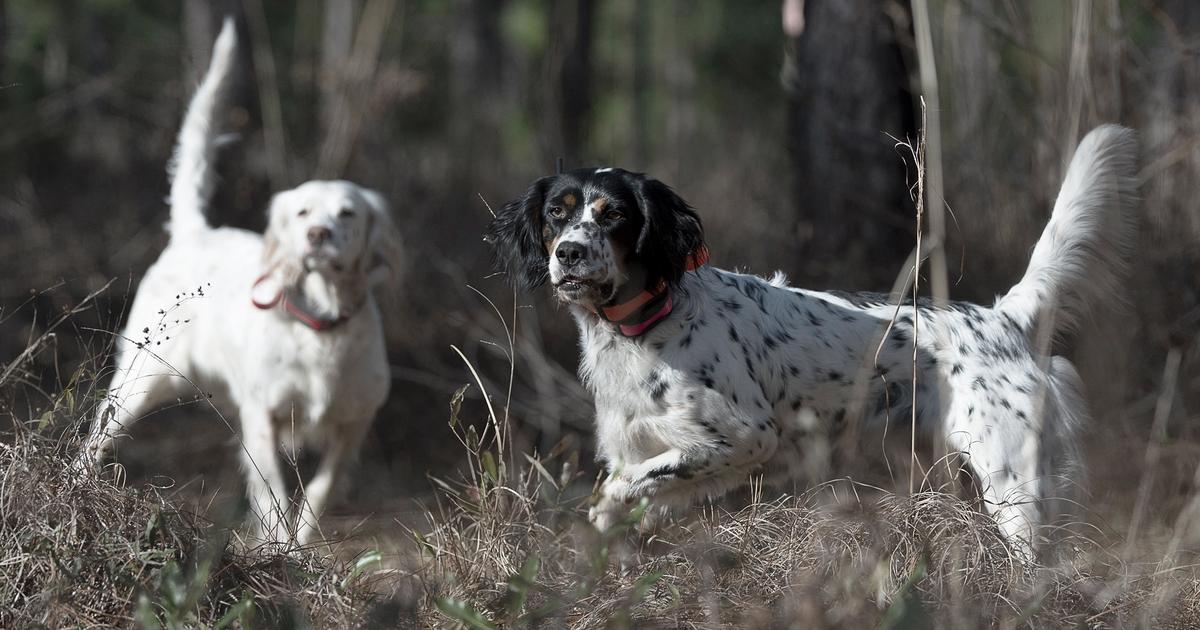
A Dog Ready for the Field
by The SportDOG Staff
Hunting seasons are in full swing. In bird fields you can hear the cackle of a bold rooster taking wing, along with the hoarse voice of a hunter screaming at his dog as it chases the gaudy pheasant to the next farm field. It is easy to hear all about...
